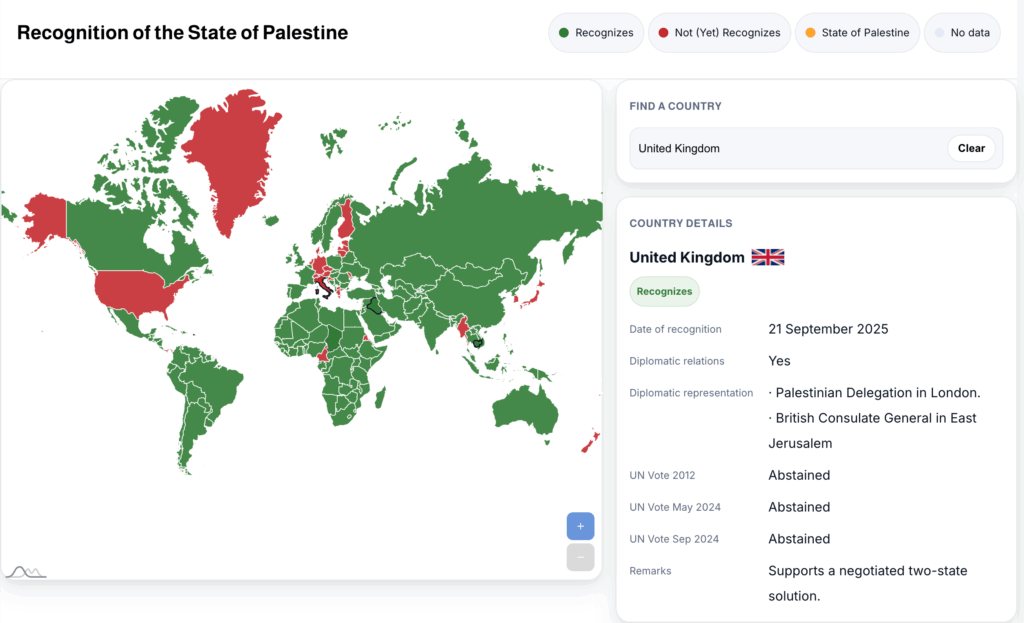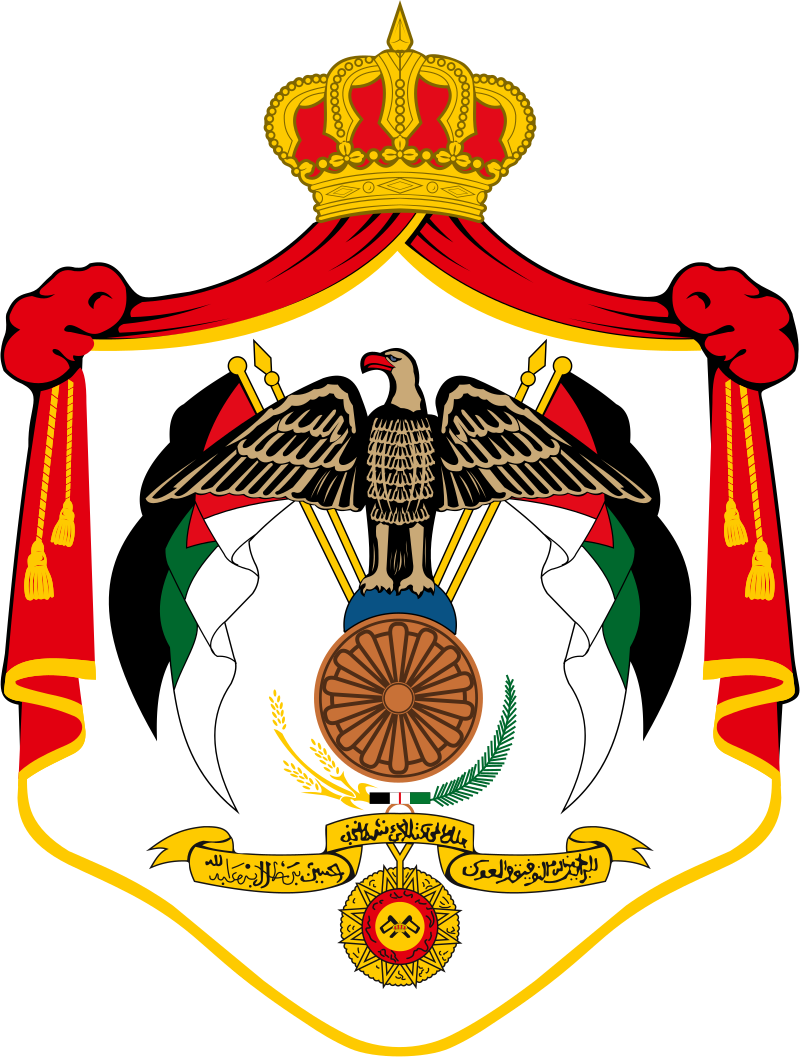1
Palestinian think tank, uniquely based in Jerusalem
39
Years of trusted, independent research and raising awareness
500
Publications documenting Palestinian history, society, and politics
2000
Participants trained in specialized programs and briefings.
5000
Dialogues with diplomats, researchers, and policymakers
Interactive Recognition Map: Where the World Stands
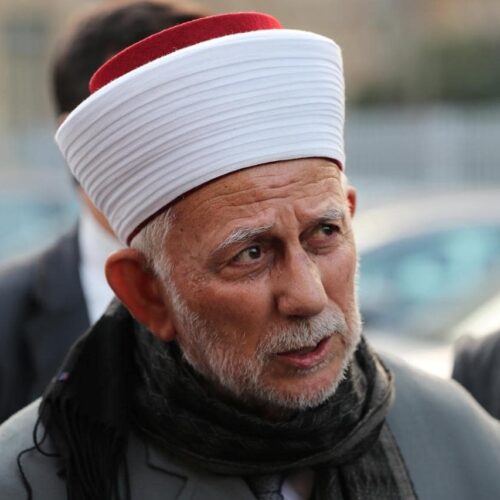
Condolences
Condolences

مهدي القدس، إرث لا يغيبه الرحيل Dr.Mahdi Abdul Hadi (1944-2025)
مهدي القدس، إرث لا يغيبه الرحيل Dr.Mahdi Abdul Hadi (1944-2025)
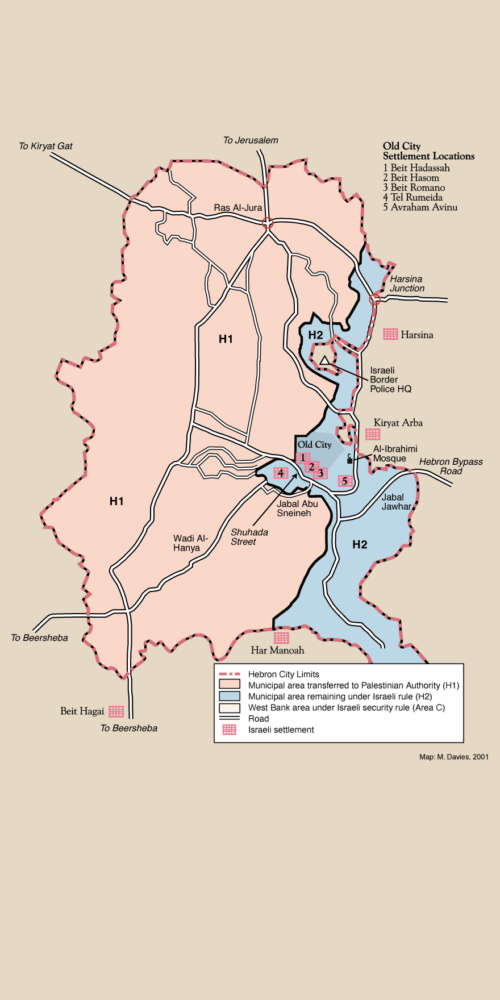
Maps
Maps
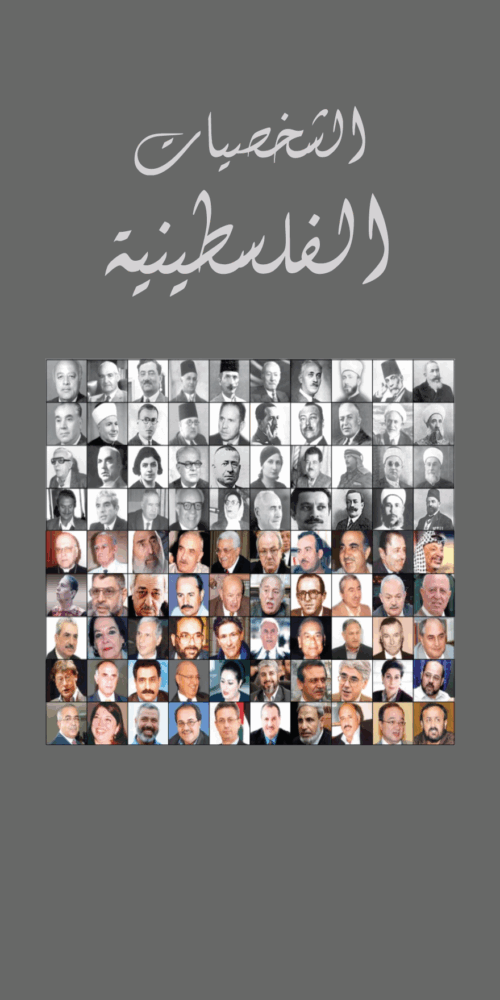
Palestinian Personalities
Palestinian Personalities

Al-Aqsa Mosque Compoun
Al-Aqsa Mosque Compoun
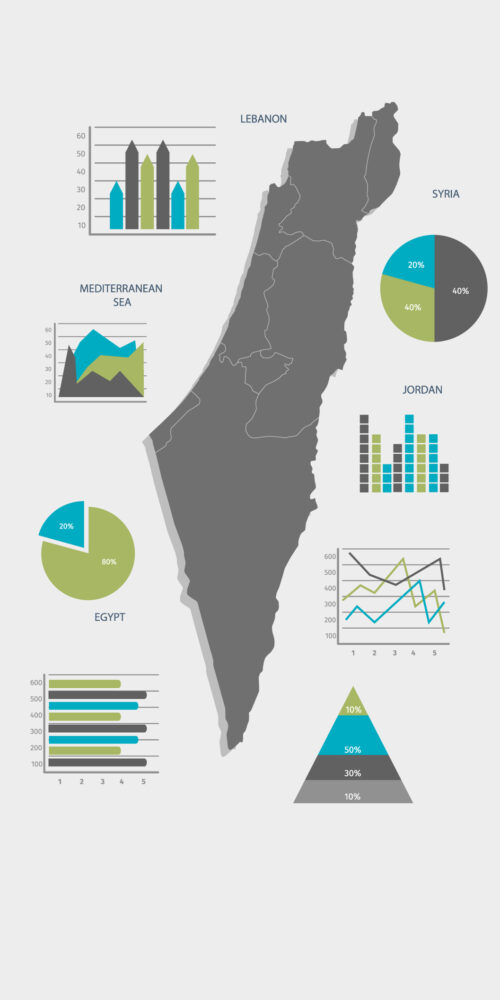
Factsheets
Factsheets

Palestine Dictionary
Palestine Dictionary

Library

